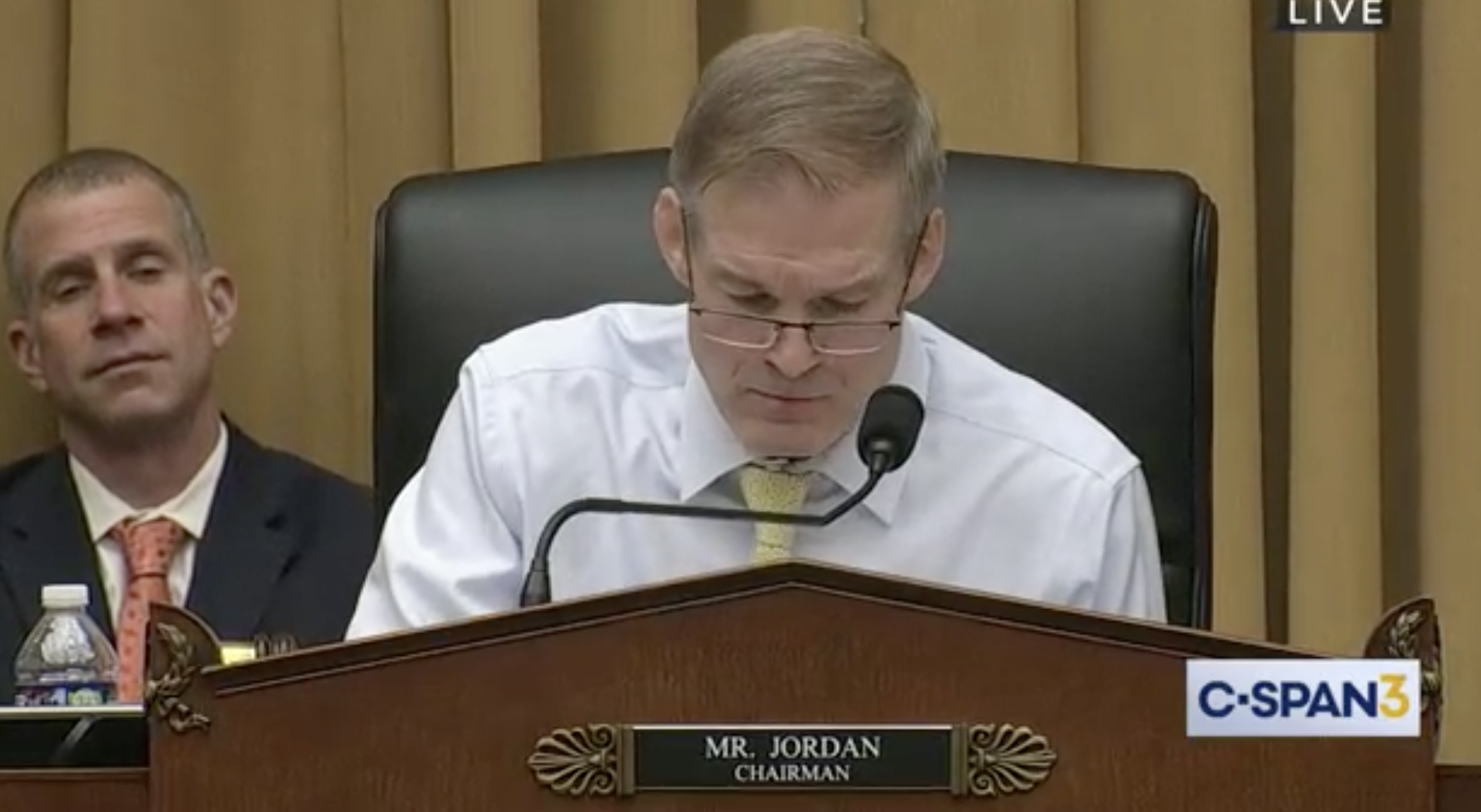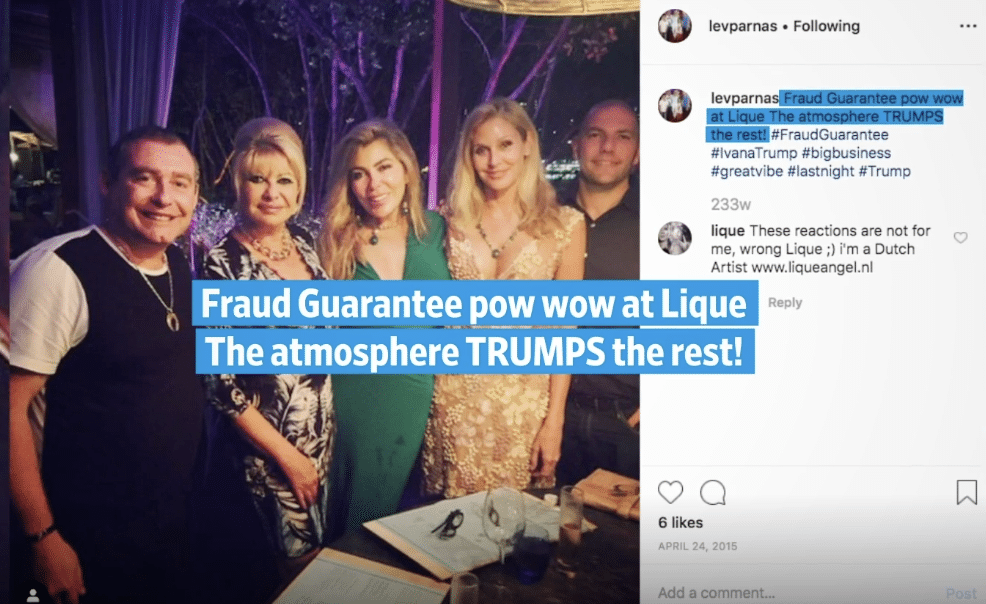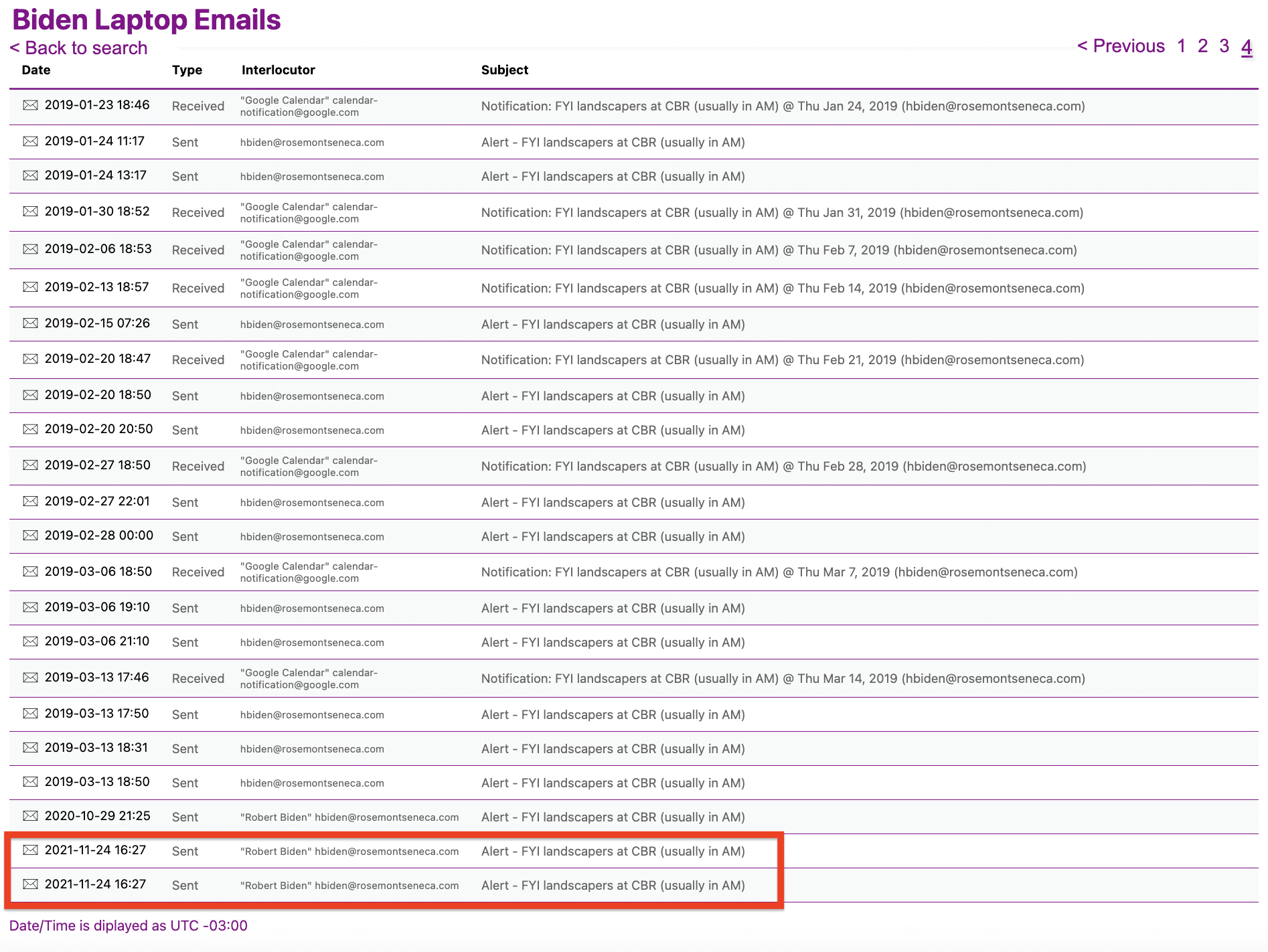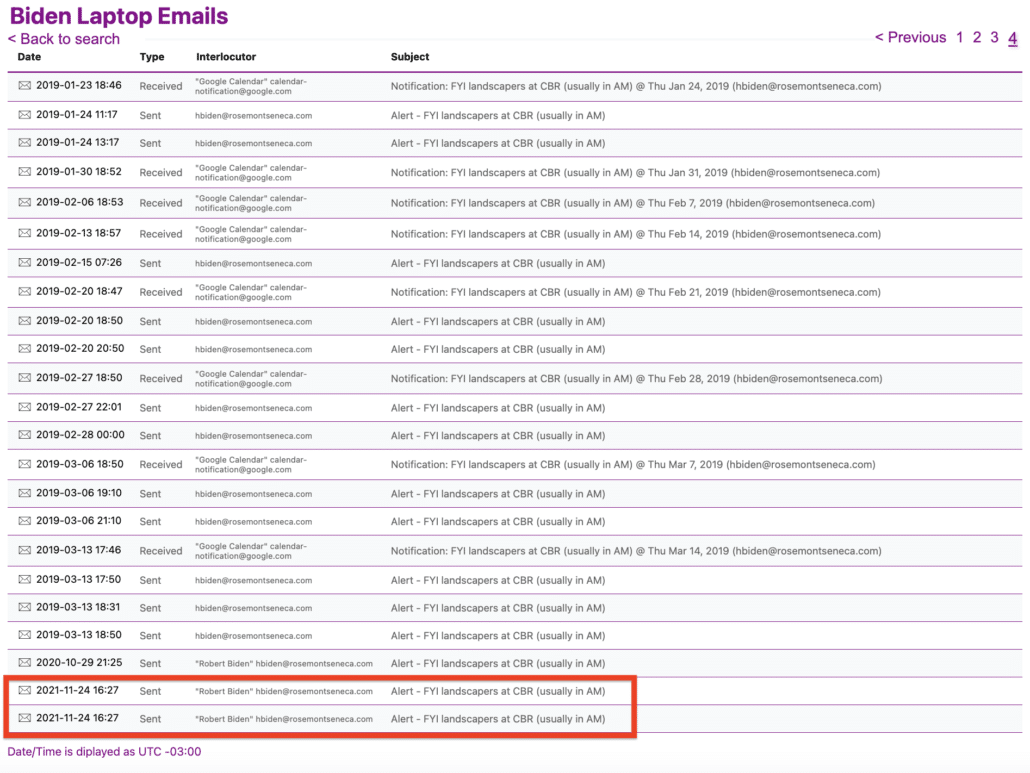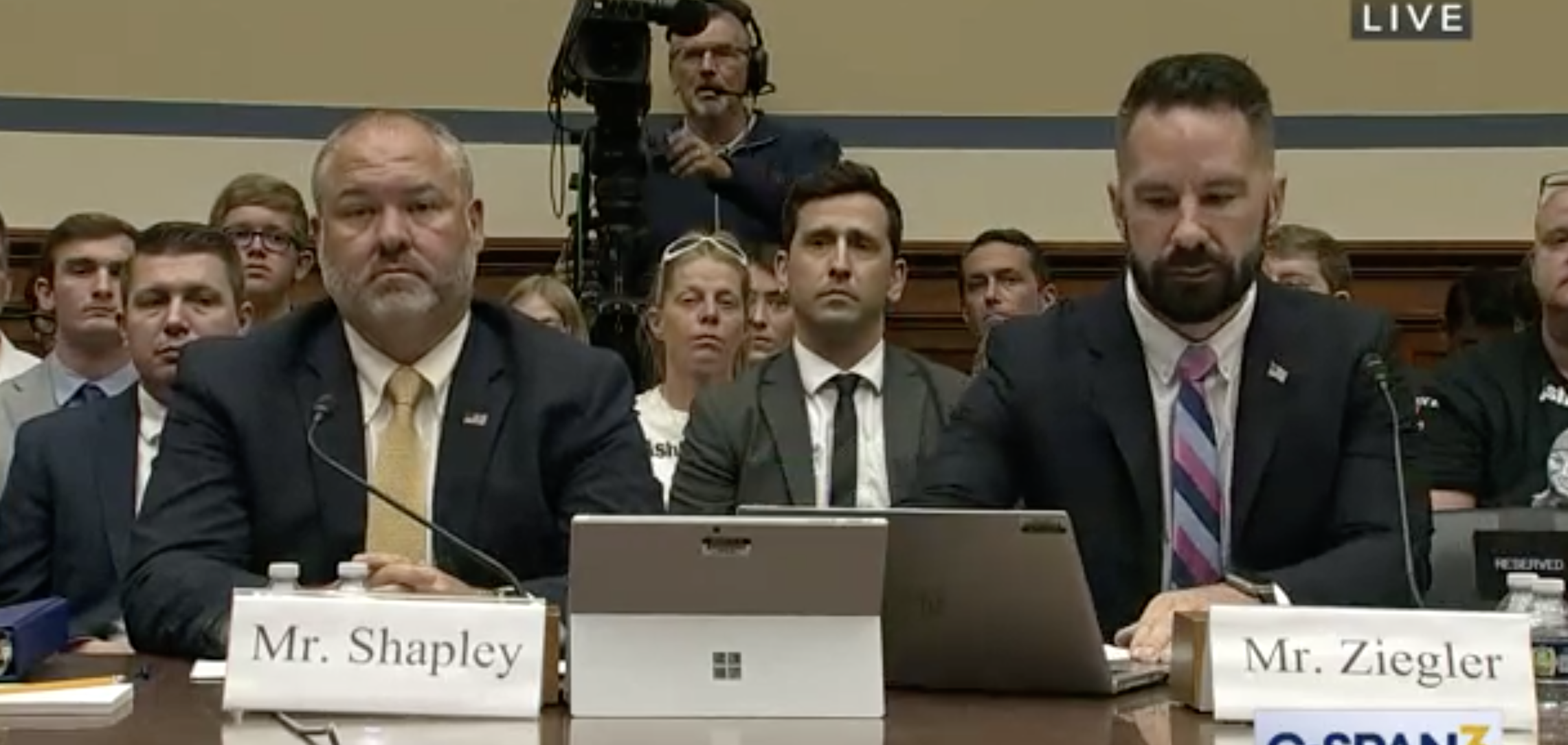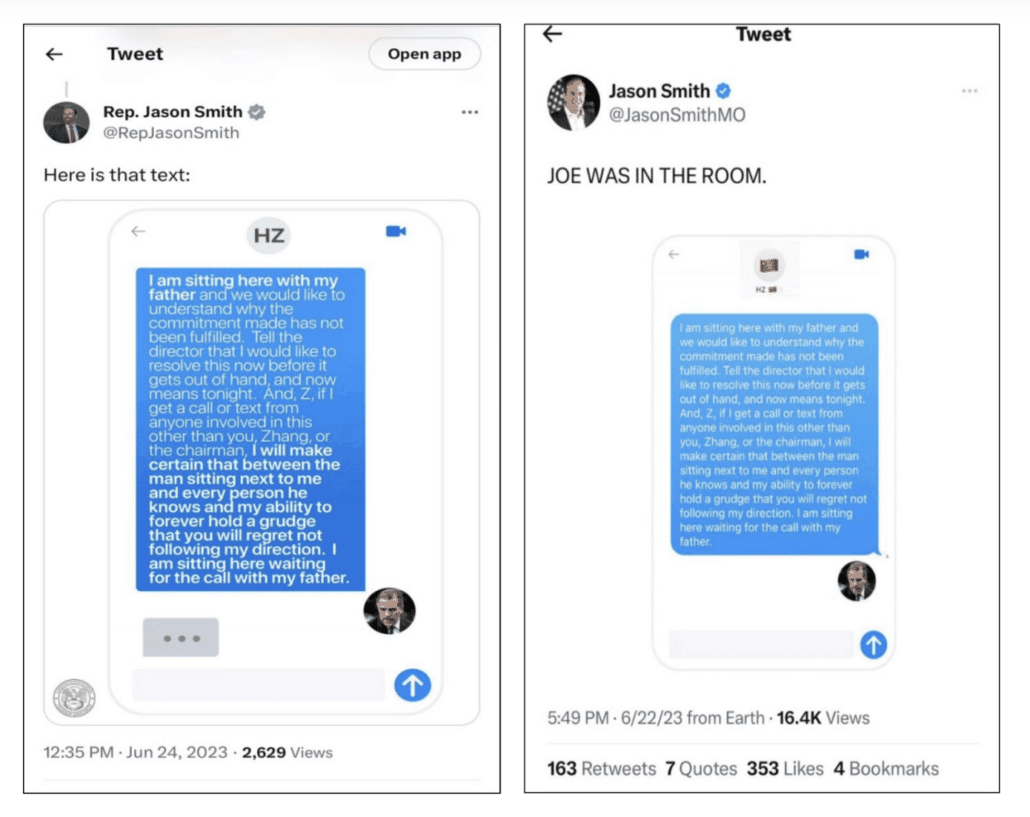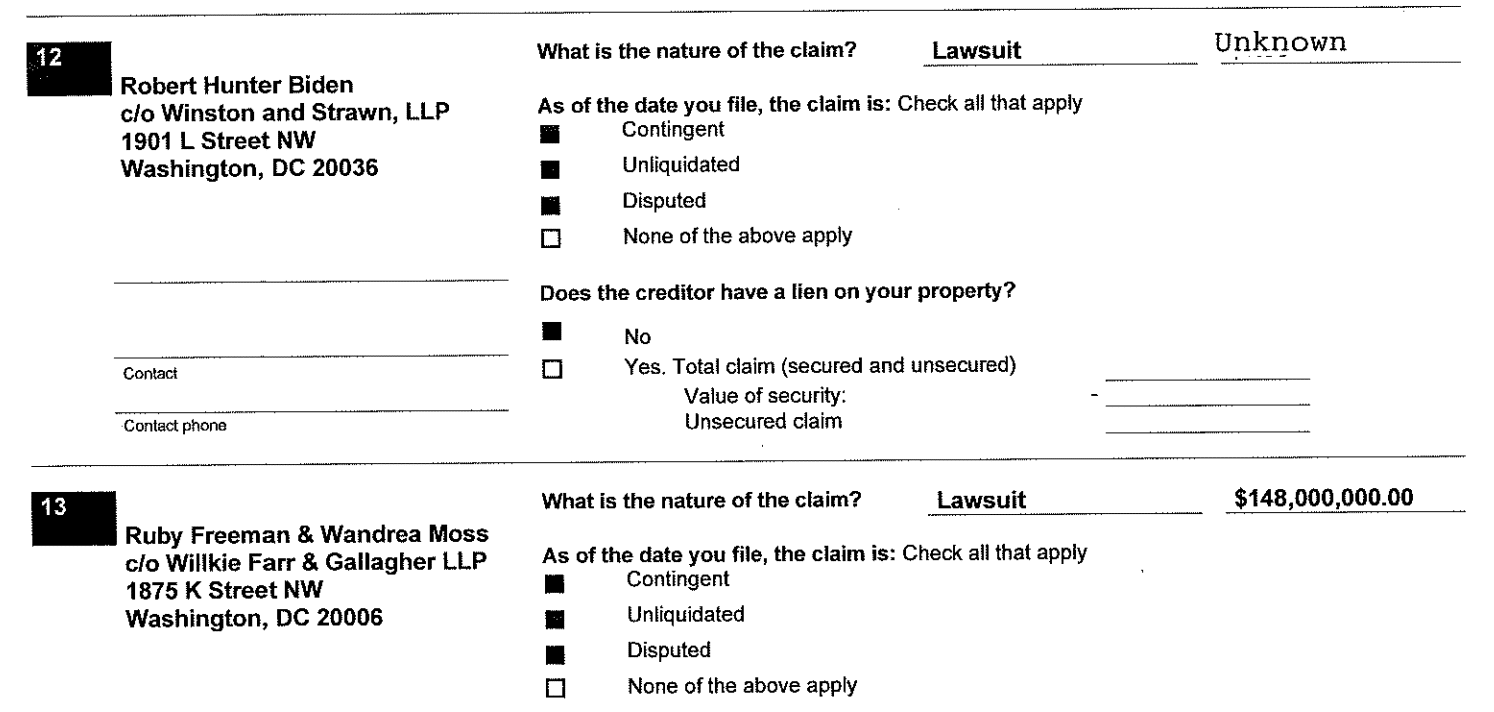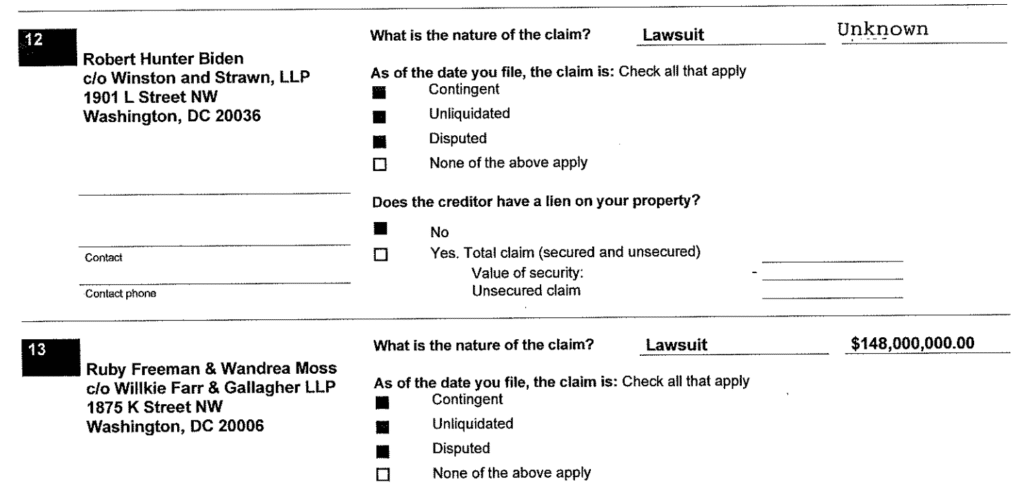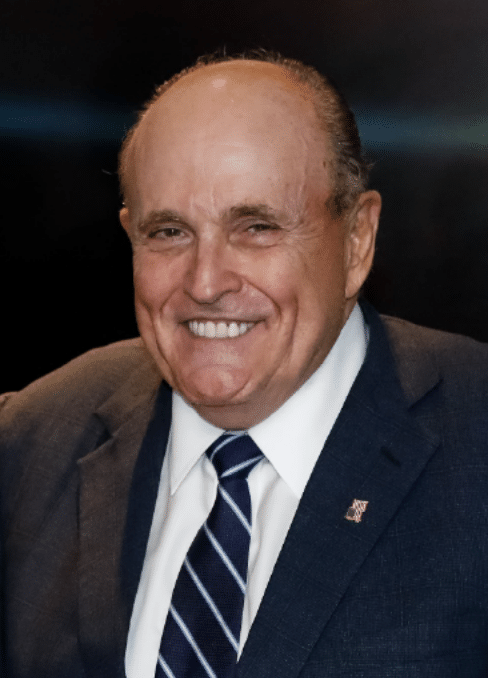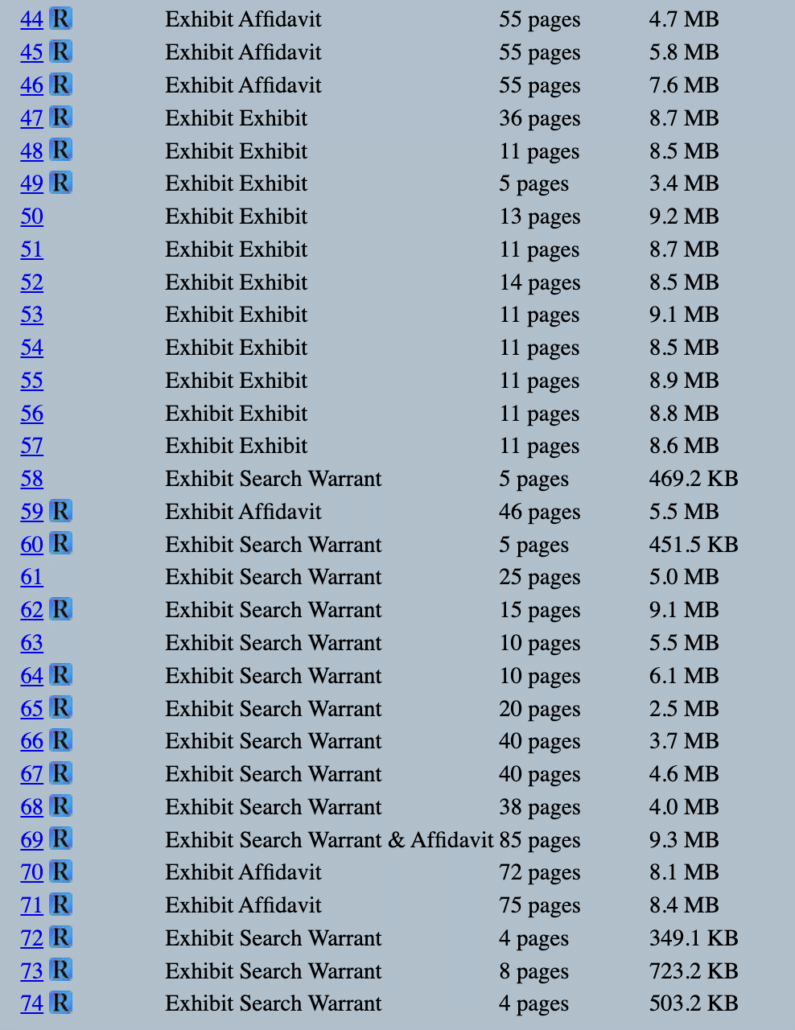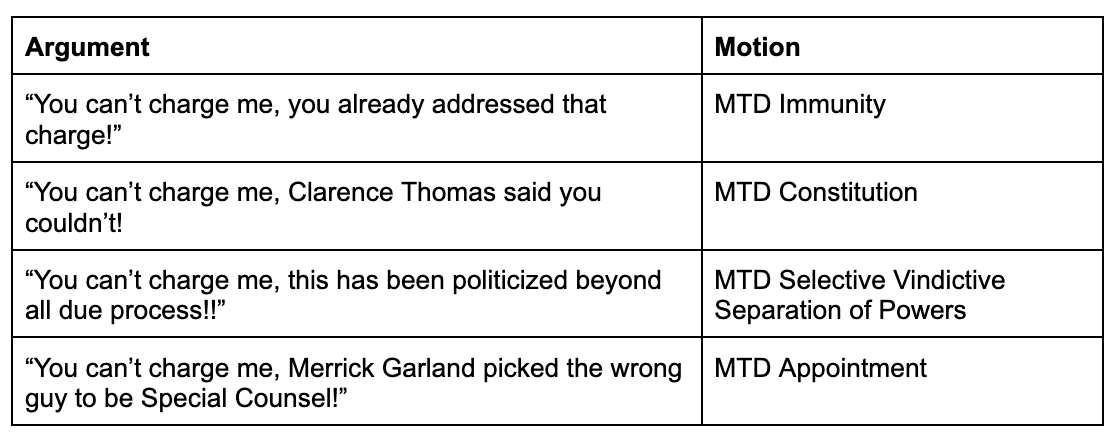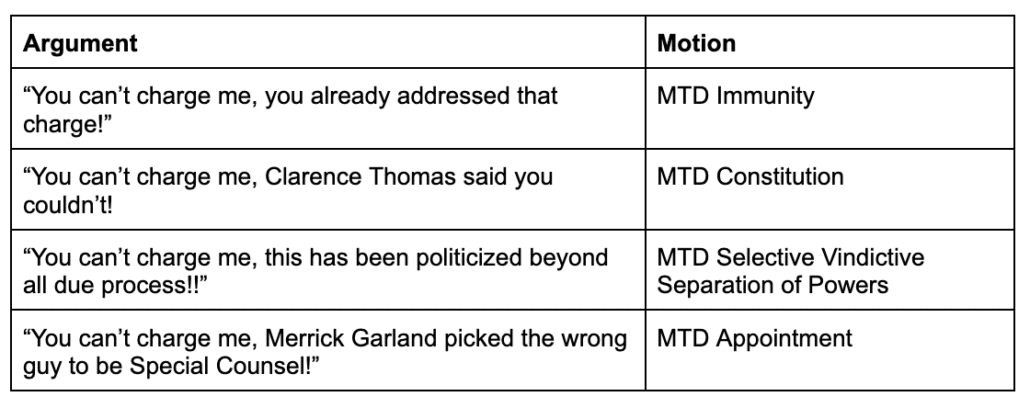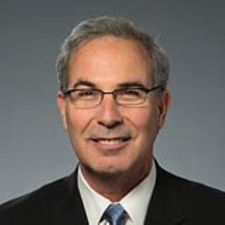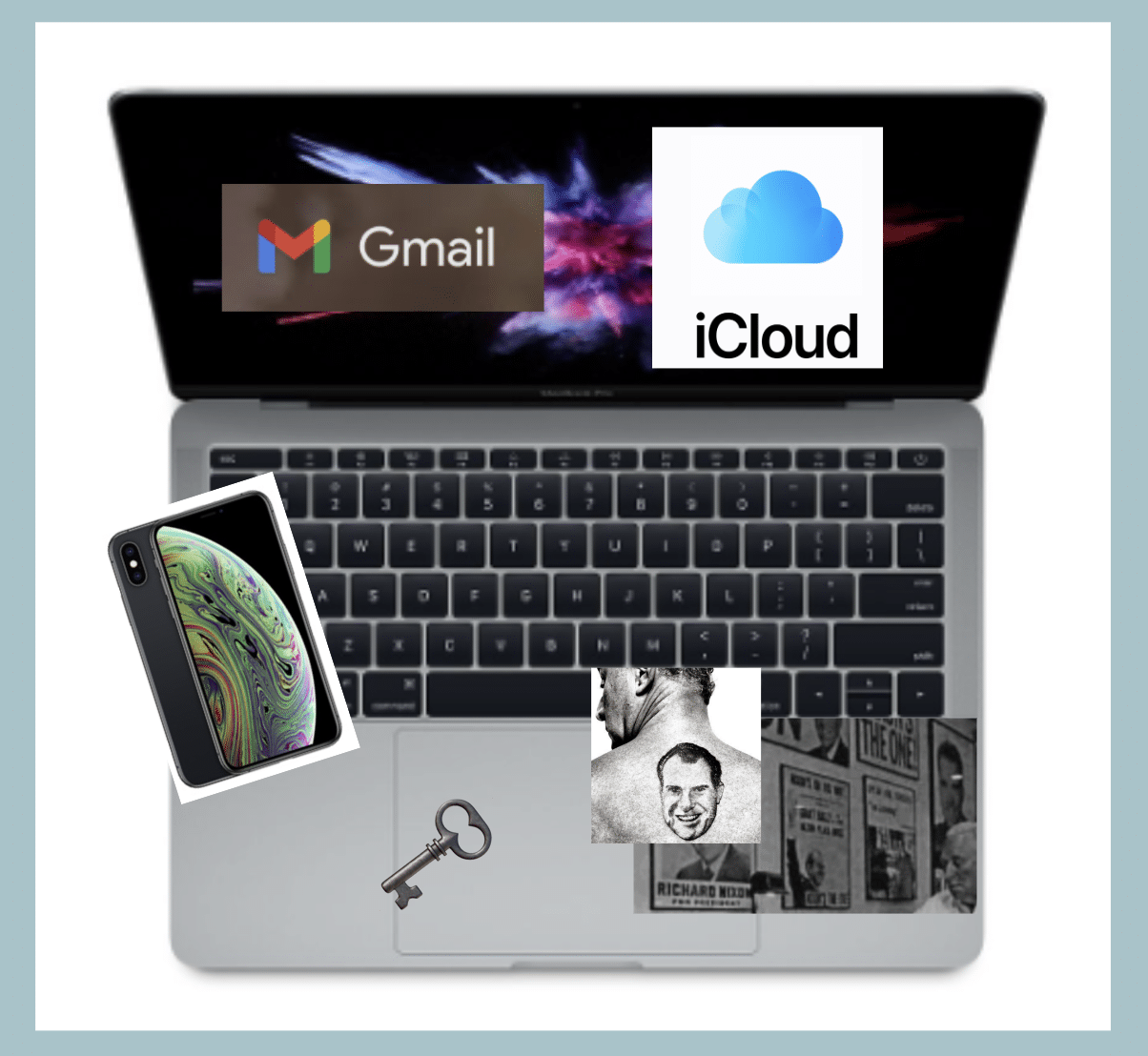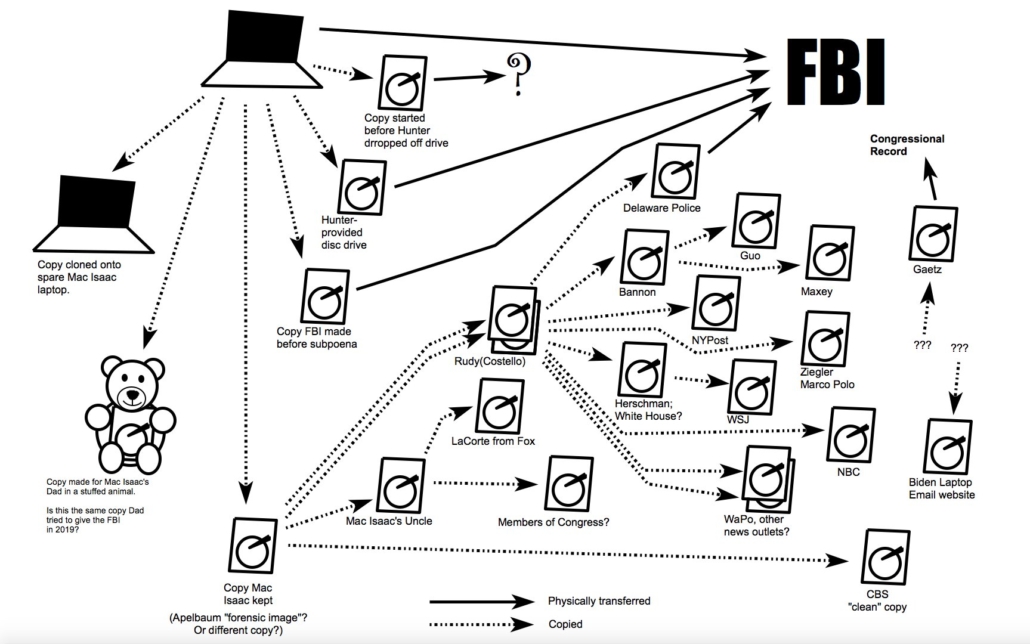Rudy Giuliani’s Scott Brady Interview Doesn’t Appear in His Warrant Affidavit
I’m about to do a larger post on some of the warrants targeting Rudy Giuliani and Lev Parnas, but first I want to make a point about the April 21, 2021 warrant targeting Rudy.
It doesn’t once mention Rudy’s January 29, 2020 interview with the Pittsburgh US Attorney’s office.
It sources Rudy’s own claims about his activities to a series of articles, interviews, and Tweets.
- Reuters, September 29, 2019 (which appears to have been removed from Reuters’ site)
- NYT, November 27, 2019: Giuliani Pursued Business in Ukraine While Pushing for Inquiries for Trump
- Rudy’s Twitter response to NYT article
- WaPo, July 11 [sic], 2018: Giuliani works for foreign clients while serving as Trump’s attorney
- Ken Vogel, December 16, 2019: Giuliani Provides Details of What Trump Knew About Ambassador’s Removal
- New Yorker, December 16, 2019 : The Ukrainian Prosecutor Behind Trump’s Impeachment
- Rudy’s Twitter, December 17, 2019
- Rudy on Fox News
- Rudy on CBS
- Rudy on OAN
- NYMag, December 2019, A conversation with Rudy Giuliani over Bloody Marys
- Rudy on Fox News
- WaPo, April 5, 2020: Giuliani, a familiar voice in Trump’s ear, promotes experimental coronavirus treatments
- Rudy’s own podcast
But the affidavit never once mentions that Rudy Giuliani sat for a 4-hour interview with the Pittsburgh US Attorney and nine other people on January 29, 2020.
NYT first disclosed the interview in this December 2020 article.
Mr. Giuliani’s lawyer, Robert J. Costello, asked the Justice Department for a meeting to discuss what he felt was explosive information about Hunter Biden that he had gathered from people in Ukraine and elsewhere, according to a person with direct knowledge of the matter.
In response, Mr. Brady called Mr. Costello and offered to meet. Mr. Giuliani and Mr. Costello sent reams of documents to Pittsburgh, then traveled there on Jan. 29. They were picked up by F.B.I. agents and stopped for breakfast before meeting for nearly four hours at the local F.B.I. office with Mr. Brady and his top deputies on the inquiry, Stephen Kaufman and Ira Karoll, the person said.
Rudy described the interview at length in a letter claiming that the government should never have seized his devices (and revealing that SDNY requested, in both November 2020 and January 2021, to do so).
[I]n January 2020, counsel for Giuliani contacted high officials in the Justice Department, to inform them that Giuliani wanted to provide evidence for their consideration about the Ukraine. Within a day, the United States Attorney for the Western District of Pennsylvania, Scott W. Brady, contacted Giuliani’s counsel and offered to hold a meeting in Pittsburgh with both the United States Attorney’s office personnel and the FBI. Mayor Giuliani immediately accepted, and a meeting was scheduled for January 29, 2020.
On January 29, 2020, Mayor Giuliani and his counsel, flew to Pittsburgh at their own cost, where they were met by agents of the FBI and transported to FBI headquarters in Pittsburgh. Present at that meeting were the United States Attorney, the First Assistant United States Attorney, the Chief of the Criminal Division, and two additional Assistant United States Attorneys (“AUSA’s”) from the Western District of Pennsylvania. The FBI was represented by the Special Agent in Charge (“SAIC”) of the Pittsburgh FBI, the Assistant Special Agent in Charge (“ASAIC”), and three other special agents of the FBI.
Prior to the meeting, Giuliani’s counsel had provided the Pittsburgh United States Attorney’s office with documents and an extensive outline of the subject matter to be discussed, so that the Government could be fully informed and prepared to ask probing questions. Giuliani began the meeting by making a presentation with handouts. During his presentation, and at the end of it, the Mayor and his counsel answered every question they were asked, to the apparent satisfaction of all of the Government officials in the room. In addition to the presentation, Giuliani provided the Government with the names and addresses of individual witnesses, both in the United States and in Ukraine, that could corroborate and amplify the information that the Mayor was providing. Subsequent to that meeting, and covering a period of months, counsel for Giuliani received a number of inquiries, discussions and requests from the First Assistant United States Attorney. All requests were granted and all inquiries were answered. [my emphasis]
At Scott Brady’s deposition before House Judiciary Committee, there was an extensive exchange about that interview — including regarding then-Principal Associate Deputy Attorney General Seth DuCharme’s request that Brady sit in on the interview personally — which I first wrote about here.
And I’ll get copies for everyone. It’s very short. This is an email from Seth DuCharme to you, subject: “Interview.” The date is Wednesday, January 15, 2020. And, for the record, the text of the email is, quote, “Scott I concur with your proposal to interview the person we talked about would feel more comfortable if you participated so we get a sense of what’s coming out of it. We can talk further when convenient for you. Best, Seth.” And tell me if you recall that email.
A Yes, I do recall it.
Q Okay. And the date, again, is January 15, 2020, correct?
A That’s right.
Q So that was 14 days before the interview that you just described at which you were present, correct?
A Correct.
Q Does that help you recall whether this email between you and Seth DuCharme was referring to the witness that you participated in the interview of on January 29, 2020?
A Yes, it definitely did.
Q Okay. Just for clarity, yes, this email is about that witness?
A Yes, that email is about setting up a meeting and interview of Mr. Giuliani.
Q Okay. So the witness was Mr. Giuliani? That’s who you’re talking about?
A Yes.
Q Okay. And it was, in your judgment, important to get Mr. DuCharme’s opinion or, quote, “concurrence” about interviewing Mr. Giuliani. Is that fair to say?
A As I sit here, I don’t know if it was about interviewing Mr. Giuliani or just the logistics of where the interview would take place Pittsburgh, New York, D.C. It might’ve been about that.
Q So you needed Mr. DuCharme’s opinion about where the interview would be taking place?
A No, I didn’t need his opinion.
Q Oh. I’m just trying to
A Yeah.
Q understand, what was the reason, if you can recall, why you consulted with Mr. DuCharme about that particular decision, about whether or not you should interview Mr. Giuliani and any other aspect of that decision?
A Yeah, I I don’t know. I may have just been circling back to him, saying, “Hey, here’s the plan.” And he said, “Yeah, that sounds fine.”
Q Okay. Well, he also said that he would feel more comfortable if you participated, right?
A In that email, he did, yes.
Q Yeah. Was that consistent with what your experience with Mr. DuCharme was when you discussed interviewing Mr. Giuliani, or is there something unusual about the email?
A I don’t remember that there’s anything unusual. I would’ve sat in on that interview anyways, in all likelihood.
Q Okay. And just I don’t want to take this away from you, because I know you and I
A Oh, sure.
Q just have one copy. But just, again, what this email says is, “I concur with your proposal to interview the person we talked about.” And then he says, “Would feel more comfortable if you participated so we get a sense of what’s coming out of it.” Do you see that?
A Uhhuh.
Q Okay.
A Yes.
Q So what did he mean by “we”? Who was he referring to by “we”? Do you know?
A I don’t know.
Q Okay. Is it fair to infer that he is referring to the Attorney General and the Office of the Deputy Attorney General where he was working?
A I don’t know. Yeah, some group of people at Main Justice, but I don’t know specifically if it was DAG Rosen, Attorney General Barr, or the people that were supporting them in ODAG and OAG.
Brady would go on to concede there were a number of things — such as Rudy’s attempts to reach out to Mykola Zlochevsky and his possession of a hard drive of data from Hunter Biden — that Rudy never told the Pittsburgh US Attorney.
Q Okay. Then the other question I think that I have to ask about this is: This is a prior inconsistent statement of Mr. Zlochevsky that your investigation did not uncover, but it’s a statement that Mr. Giuliani was certainly aware of. Would you agree?
A Yes, if based on your representation, yes, absolutely.
[snip]
Okay. And what I am asking you is, have you ever heard that during the course of your investigation that Mr. Giuliani actually learned of the hard drive material on May 30th, 2019?
A No, not during our 2020 vetting process, no.
Q Mr. Giuliani never shared anything about the hard drives or the laptop or any of that in his material with you?
Mr. [Andrew] Lelling. Don’t answer that.
Q Oh, you are not going to answer?
Mr. Lelling. I instruct him not to answer.
Q. He did answer earlier that the hard drive. That Mr. Giuliani did not provide a hard drive.
Mr. Lelling. Okay.
Mr. Brady. He did not provide it. We were unaware of it.
By his own telling, Rudy spent four hours telling a team of ten people about these matters, and yet this affidavit doesn’t mention that interview at all.
To be sure, in his book, Geoffrey Berman — who was likely fired for conducting this investigation — provides one explanation for why Rudy’s 302s wouldn’t be incorporated in any warrant affidavit targeting Rudy: because the FBI refused to share those 302s with the NY Special Agent in Charge, William Sweeney.
So in January 2020 he came up with a plan. He described this plan he had hatched as “an intake process in the field.” That made it sound almost normal. The Department of Justice, in order to deal with the large influx of evidence, was going to employ this tried-and-true method in order to keep it all straight! But in all my years as a prosecutor and defense attorney, I had never heard of “an intake process in the field,” and neither had my executive staff or Sweeney.
His plan was to run all Ukraine-related matters, including information that Giuliani was peddling about the Bidens, through two other districts. His choices were Rich Donoghue, the US Attorney for the Eastern District of New York, who sat in Brooklyn; and Scott Brady, the US Attorney for the Western District of Pennsylvania, in Pittsburgh. Donoghue would oversee all Ukraine-related investigations, and Brady would handle the intake of information from Rudy and his lawyer.
This scheme, notably, did not include me or SDNY, which, as the office running the Lev and Igor case, was well versed in all things Ukraine. Barr’s implication seemed to be that with such a fire hose of material coming in from Rudy and his lawyer, we needed to spread the work out. And we had to have some kind of traffic cop to keep it all organized and flowing in the right direction—which was to be Brady in Pittsburgh.
All of this, of course, was utter nonsense. If somebody has information about an ongoing case, they typically hire a lawyer and approach the office that’s involved. Regardless of the quality or veracity of the material, I wanted to see it. We were the office with the background to determine its value. And we certainly would have had our own questions for Rudy, because he was a close associate of the two guys we just indicted. What’s more, our office was only a taxi ride away for Rudy and his lawyer—Pittsburgh was a 350-mile trip for them.
We could have handled whatever information Rudy had. With more than two hundred fully capable attorneys, I would have found a couple more to throw into the mix if it came to that. But that’s not what was driving the attorney general’s machinations. I believe it was really an effort by Barr to keep tabs on our continuing Lev and Igor investigation and keep us segregated from potentially helpful leads or admissions being provided by Rudy.
This became immediately clear to me and to Sweeney when we tried to access the information Rudy was providing. Rudy and his lawyer met several times with Main Justice and then with Brady’s team in Pittsburgh. There were FBI reports of those meetings, called 302s, which we wanted to review. So did Sweeney. Sweeney’s team asked the agents in Pittsburgh for a copy and was refused. Sweeney called me up, livid.
“Geoff, in all my years with the FBI I have never been refused a 302,” he said. “This is a total violation of protocol.”
Sweeney asked Jacqueline Maguire, his special agent in charge, to reach out to the acting head of the FBI’s office in Pittsburgh, Eugene Kowel, to request the 302s and related information. A few days later Kowel got back to Maguire and repeated what Brady had told him about the 302s: “It’s not my job to help the Southern District of New York make a case against Rudy.” [my emphasis]
Yet SDNY had to wait until Bill Barr was long gone before they got approval to serve this warrant. How is it possible that in the month and a half since Merrick Garland came in, SDNY had never gotten permission to read the 302s from Rudy’s “cooperation” in Pittsburgh?
Related: In related news, in a request for a delay in responding to Hunter Biden’s lawsuit against Rudy and his former attorney now creditor Robert Costello, it appears they are represented by the same firm.


